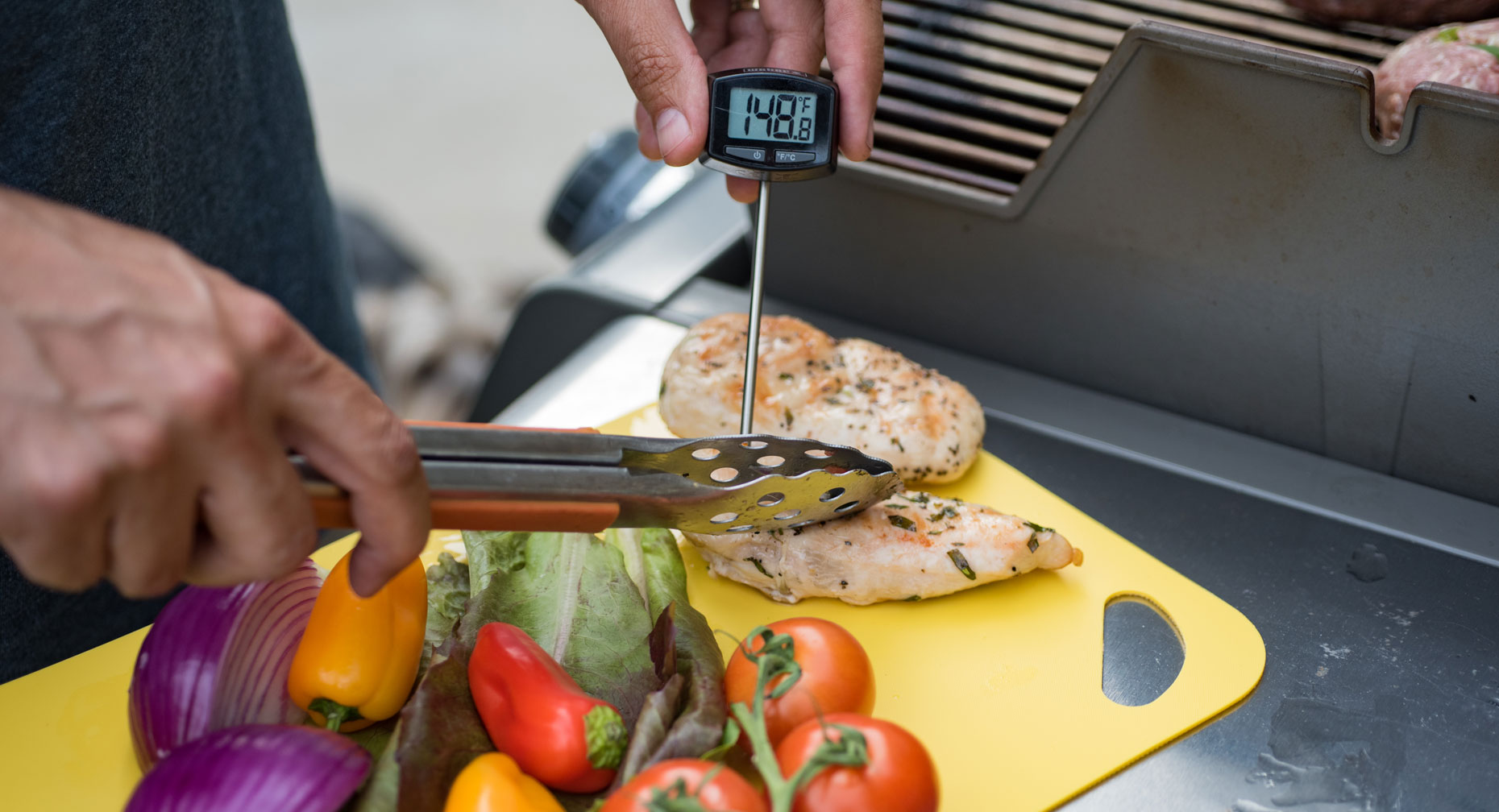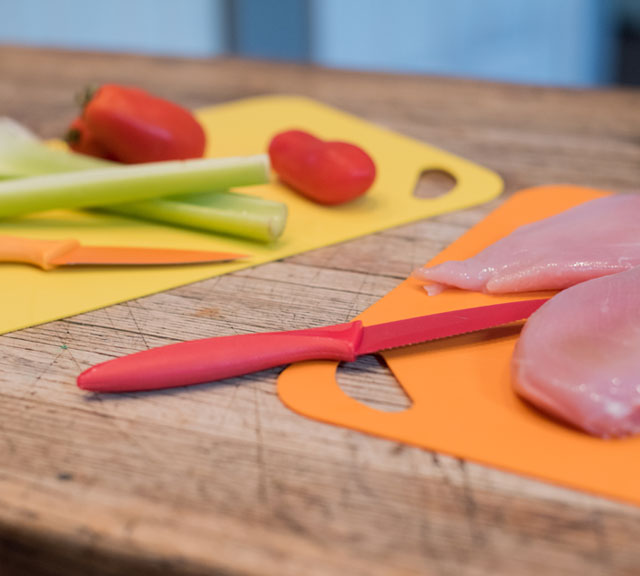Don’t Let Food Poisoning Ruin Your Appetite

Find Your Perfect Match
Answer a few questions and we'll provide you with a list of primary care providers that best fit your needs.
Our expectations surrounding food typically include adjectives like satisfying, scrumptious, even heavenly. Sometimes, however, an uninvited guest sneaks in at dinner and wreaks havoc.
Food poisoning, or foodborne illness, causes about 48 million illnesses and 3,000 deaths in the United States each year, according to the U.S. Department of Agriculture. Don’t become its next victim. A little awareness and caution can go a long way in keeping your body healthy and your belly satisfied.
If you suspect food poisoning, document what you ate, when you ate it and when your symptoms began.
What Causes Food Poisoning?
Food poisoning occurs when you swallow food or water containing harmful germs (bacteria, parasites, viruses) or toxins made by these germs. According to the American Academy of Family Physicians, the most common causes of food poisoning are raw or undercooked meat and poultry, unpasteurized dairy products, raw shellfish, unwashed fruits and unwashed vegetables.
Several types of bacteria can cause food poisoning. The “danger zone” for multiplying bacteria is between 40 and 140 degrees F. To be safe, experts recommend reheating any type of cooked food to 165 degrees F.
You can minimize the risk of bacteria-related food poisoning following these additional food safety tips. Always remember your mom’s wise advice: “When in doubt, throw it out!”
What are Symptoms of Food Poisoning?
Symptoms of food poisoning often mimic flu-like symptoms such as nausea, vomiting, diarrhea and fever. You may experience symptoms within an hour, or it may take days. The timing can depend on the cause of the food poisoning and the amount of contaminated food or drink consumed. Symptoms may include:
- Abdominal pain
- Diarrhea
- Fever
- Loss of appetite
- Nausea
- Vomiting
- Weakness and fatigue
It’s important to call your doctor if you experience any of the following:
- Severe diarrhea lasting more than three days (two days for an infant or child)
- Frequent vomiting lasting more than two days (12 hours for a child)
- Blood in your stool
- Diarrhea, nausea or vomiting while on diuretics
- Inability to drink fluids due to nausea and vomiting
- Signs of dehydration such as thirst, dizziness, lightheadedness and reduced urination
- Recent travel to a foreign country followed by diarrhea
- Suspected food poisoning from mushrooms, fish or other seafood
- Fever over 101°F (100.4°F for a child along with diarrhea)
For newborns younger than 3 months, call your doctor as soon as vomiting or diarrhea begins.
These additional food poisoning symptoms may indicate more serious illness. Seek emergency care if:
- Your stool is maroon or black or there is a lot of blood in your stool
- You are vomiting blood
- You are having trouble breathing
- You have severe abdominal pain or stomach cramping
- You have double vision or trouble moving parts of your body
- You have symptoms of severe dehydration
- You have trouble swallowing
- You feel like your heart is pounding
- You have food poisoning from eating mushrooms or shellfish
If untreated, some forms of food poisoning may spread to your bloodstream, causing a life-threatening infection. Other forms may progress to cause muscle paralysis and even death.
Are Some People More at Risk Than Others?

Children and the elderly are most likely to get food poisoning. You may also be at a higher risk if you:
- Have a chronic medical condition, such as kidney disease, diabetes, HIV and/or AIDS
- Are pregnant
- Have recently traveled to areas outside the United States where you may have had greater exposure to germs that can cause food poisoning
- Have a weakened immune system (due to illness or medical therapy)
Never give a baby younger than 1 year old honey or corn syrup. A rare but deadly form of food poisoning known as botulism can occur.
How is Food Poisoning Treated
Most people fully recover from the most common types of food poisoning within 12 to 48 hours. During that time, the goal is to prevent dehydration. To treat mild cases of food poisoning at home:
- Avoid dairy products and solid foods (especially spicy, fried and foods high in sugar and fat) until the vomiting and diarrhea have subsided
- Ease back into eating and drinking with bland foods, such as crackers, toast and bananas
- Drink plenty of fluids, including water, clear soups, clear sodas and juice mixed with water (avoid sports drinks)
- Avoid milk and caffeinated beverages like coffee, tea and sodas
- Hydrate children with an oral rehydration solution (ORS)
- Consult your physician when taking medicine to slow diarrhea
If you suspect food poisoning, document what you ate, when you ate it and when your symptoms began. If possible, save any uneaten portion of the contaminated food along with any packaging materials. This information can be helpful should you need medical attention.
Find Your Perfect Match
Answer a few questions and we'll provide you with a list of primary care providers that best fit your needs.
Source: U.S. Department of Agriculture; U.S. National Library of Medicine; American Academy of Family Physicians




